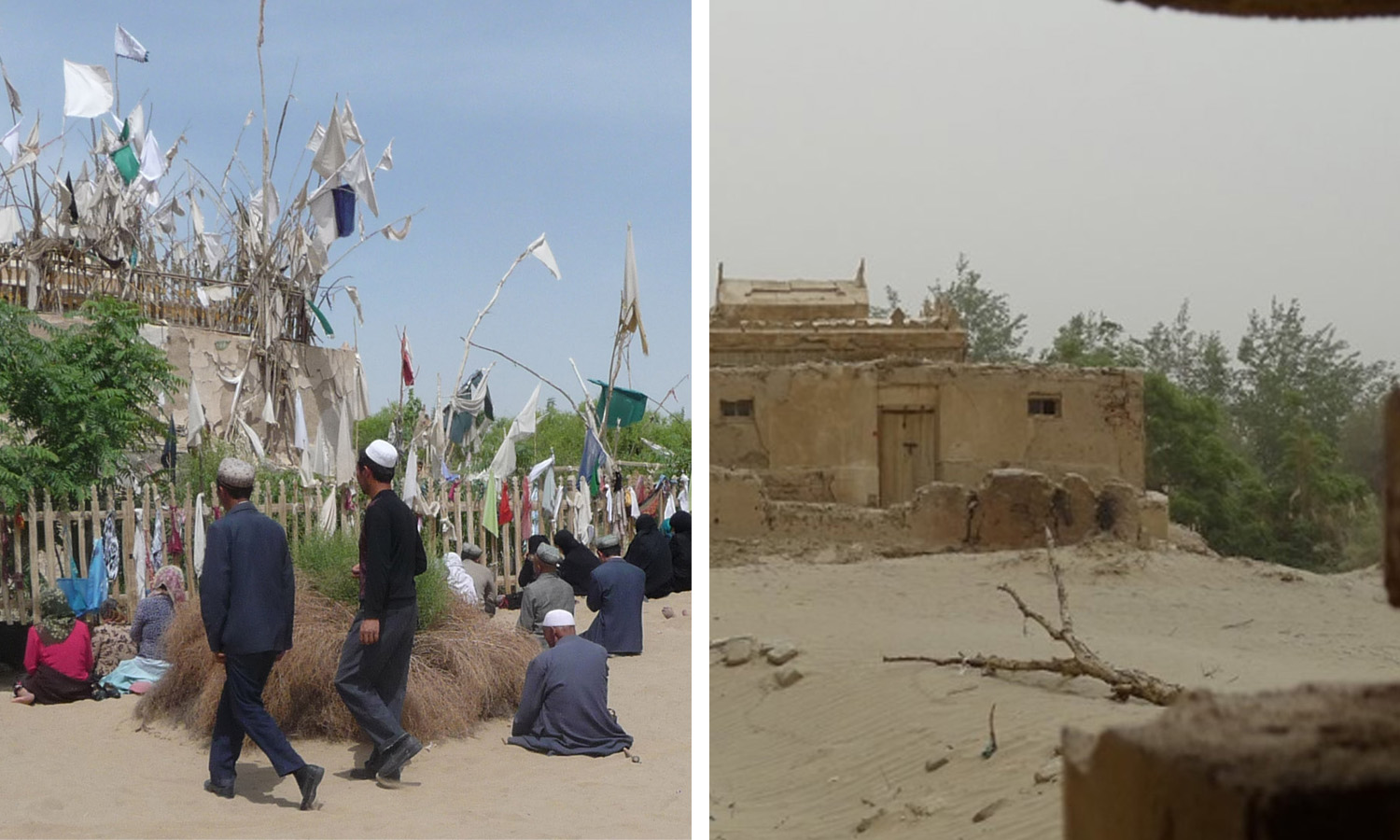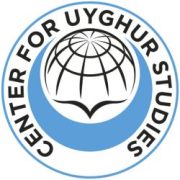
By Memet Tohti Atawulla*
In East Turkistan, a region rich in ancient cultural heritage, the Chinese Communist Party (CCP) has long been engaged in a campaign to eradicate the Uyghur presence. This systematic destruction includes the targeted demolition of Uyghur Mazars (shrines), revered symbols of spiritual and historical importance, sparking concerns not only over the loss of religious freedom but also the erasure of a valuable historical legacy.
Uyghur Mazars, distinguished by their stunning architecture, intricate tilework, and tranquil courtyards, have served as integral components of Uyghur cultural and religious life for centuries. These sacred spaces not only facilitate worship but also serve as repositories of history, encapsulating the spiritual, cultural, and social essence of the Uyghur people. The destruction of these shrines constitutes an assault on a deeply entrenched historical narrative.
Numerous reports, including satellite imagery and firsthand testimonies, depict the grim reality of the CCP’s onslaught against Uyghur Mazars. These sacred sites are either razed to the ground or repurposed, with the CCP rationalizing its actions under the guise of combating religious extremism and promoting economic development. Since 2017, it is estimated that over 30% of significant cemeteries and shrines have been demolished.
This destruction is not a recent phenomenon but rather a culmination of China’s colonial history in the region. Chinese authorities have systematically targeted historic sites such as shrines and cemeteries in East Turkistan since their occupation. Under various pretexts, they have sought to erase the Islamic identity and history of the Uyghurs, resulting in the destruction of numerous historic cemeteries and shrines of revered figures.
The demolition of Uyghur Mazars signifies more than just a physical loss; it represents the erasure of history and cultural identity. These sacred sites often house centuries-old artifacts, manuscripts, and architectural styles that narrate the spiritual journey and cultural evolution of the Uyghur people. The destruction of Mazars equates to erasing chapters of Uyghur history and undermining the diverse cultural heritage of East Turkistan.
The CCP’s assault on Uyghur shrines constitutes a direct violation of religious freedom. Uyghur Muslims have faced increasing restrictions on practicing their faith, including limitations on religious attire, fasting during Ramadan, and the transmission of Islamic teachings to younger generations. The destruction of shrines further impedes the ability of Uyghurs to freely exercise their religion and intensifies concerns regarding the erosion of religious and cultural rights.
The demolition of Uyghur Mazars by the CCP represents a distressing chapter in the ongoing genocide in East Turkistan. Beyond the physical destruction of sacred spaces, the obliteration of Uyghur Mazars constitutes an attack on history, heritage, and the very essence of a people.
In response to this cultural crisis, the international community must condemn these destructive practices and demand accountability from the CCP. Human rights organizations, religious leaders, and governments worldwide must urge the CCP to cease the destruction of Uyghur Mazars and respect the religious and cultural rights of the Uyghur people.
*Memet Tohti Atawulla is the Senior Program Officer at Center for Uyghur Studies
Copyright Center for Uyghur Studies - All Rights Reserved
